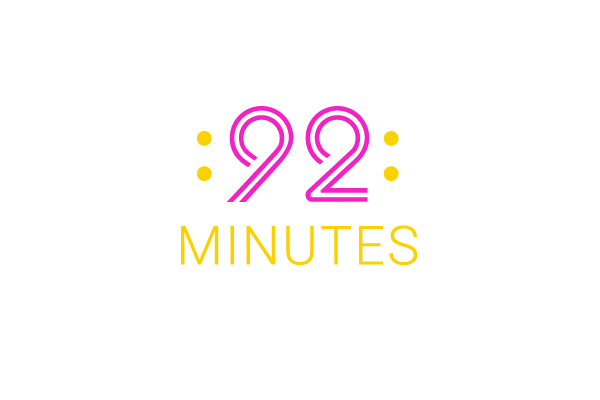The AI is coming
As artificial intelligence continues to weave its way into more and more areas of our lives, it's becoming increasingly common to see AI-powered writing tools like ChatGPT being used and discussed.
Will they lead to more phishing scams?
Can they speed up house buying?
It’s true that these tools have the potential to revolutionise the way we approach content creation, and for smaller organisations with limited budgets, there are obvious attractions to tools that can make it easier and more efficient to generate high-quality content quickly and at scale. But what are the benefits and pitfalls of using AI writers for charities? We’ve done some research.
Benefits:
Save cash: Charities often operate on limited budgets with stretched resources and finding any spend for communications can be hard. AI tools like ChatGPT can help create content at a fraction of the cost of hiring professional writers (like us!)
Save time: Writing content can be a time-consuming process, and for charities, time is often as hard to find as money. AI writing tools can help charities create content fast, allowing them to do more with the limited time they have.
Get more done: AI writers can generate new content with just a few clicks, over and over again (we’ve tried it). This can give charities a real head start, a suite of options to choose from or work with.
Watch out for:
Bland and beige: For all that AI writers are meant to be able to produce content in various tones, and styles, the reality is that they can, broadly, only produce fairly generic content which could mean that AI generated work feels impersonal and so doesn’t connect with your audience. Your charity has a personality - it’s important that your content shows that.
Garbage in, garbage out: Ask an unclear question or one with a flawed premise and you may end up with content that’s factually incorrect or at best misleading. Charities will need to have systems in place to check and edit any content that’s AI generated.
Superficiality: While AI writers can be trained on specific domains and topics, that level of sophistication is probably out of reach for most small charities. This means that AI generated pieces might well lack the deep understanding and expertise of a specialist who has years of experience, and it won’t have any personal anecdotes or cases to draw from.
So - what do we think?
We’ve tried ChatGPT and for now (we hope!) our jobs are safe. What we’ve found is that ChatGPT can generate a great starting point that then needs to be gone through with a fairly fine toothcomb, edited, tweaked and personalised. We’d definitely recommend trying it out - did you know you can get it to generate content like a pirate?
Enjoy your explorations!
